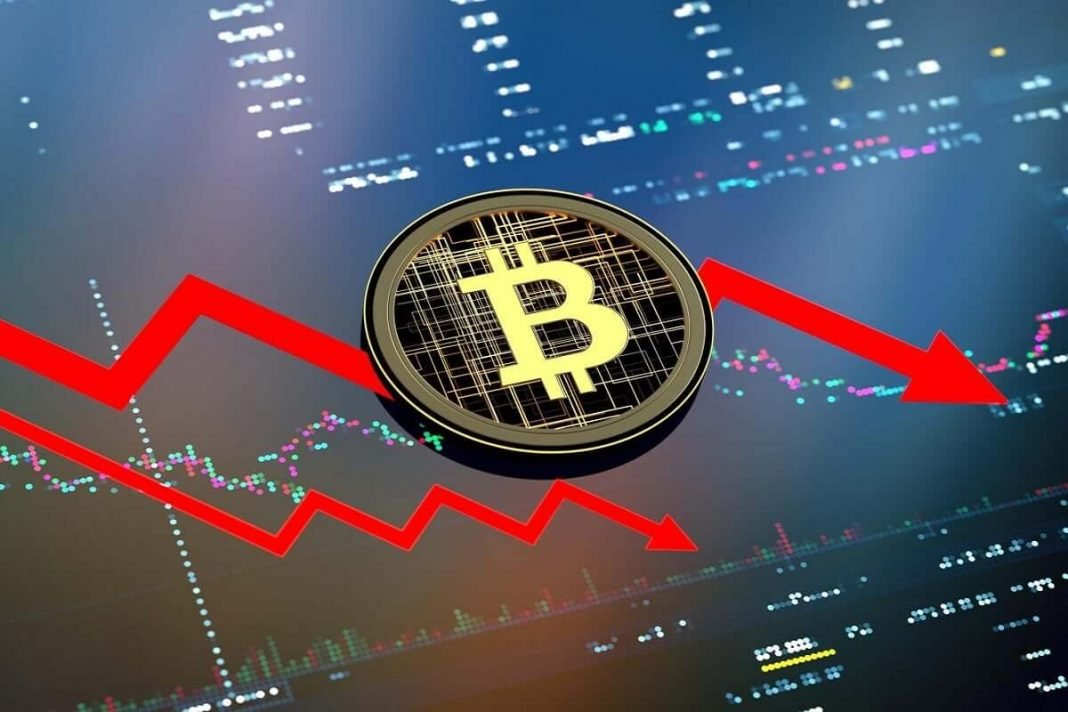A new post on the IMF blog states that there is a need for a well-regulated African cryptocurrency market to protect users as well as to prevent countries from ramming actors with capital controls. In the post, the IMF reiterated that the risks to any country if crypto is adopted legally are very high.
According to the post, the decline and sell-off of the crypto market has once again prompted the industry to explain the need for regulation and actors in Africa, where the crypto market is growing day by day, to promote illegal activities are only In order to prevent the asset from being used, it is urgent that a way to exchange crypto is accessible.
Only a quarter of cryptocurrencies are regulated in the sub-Saharan region of Africa. However, according to the Bretton Woods Institutions post called Chart of the Week, more than 2 thirds of the countries in the region have banned and now only 6 countries, namely Cameroon, Ethiopia, Lesotho, Sierra Leone, Tanzania and the Republic of the Congo has effectively banned crypto and Zimbabwe has instructed banks to stop crypto transactions. The authors recognized that many people only use the two assets for commercial payments and that the volatile nature of the assets themselves makes them unsuitable alternative stores of value.
In addition to volatility it is also claimed by the authors that Africa policy makers are concerned countries that use crypto assets to bypass capital in the country’s respective modesty and where policy makers are concerned that the use of crypto Illegal station transfers and capital blocking would be used to circumvent rules and could prevent or create risks from the effective delivery of monetary policy.
With regard to the Central African Republic (CAR), the authors reiterate that such a decision puts public finances at risk, where the CAR’s move also violates the Central African Economic and Monetary Community (CEMAC) Treaty on Cryptocurrencies.
Overall, the IMF has expressed its consent regarding crypto exchange and has explained its meaning by giving the example of Africa. Where the IMF believes that there is a special need for crypto exchange in view of the tightness of the market.













